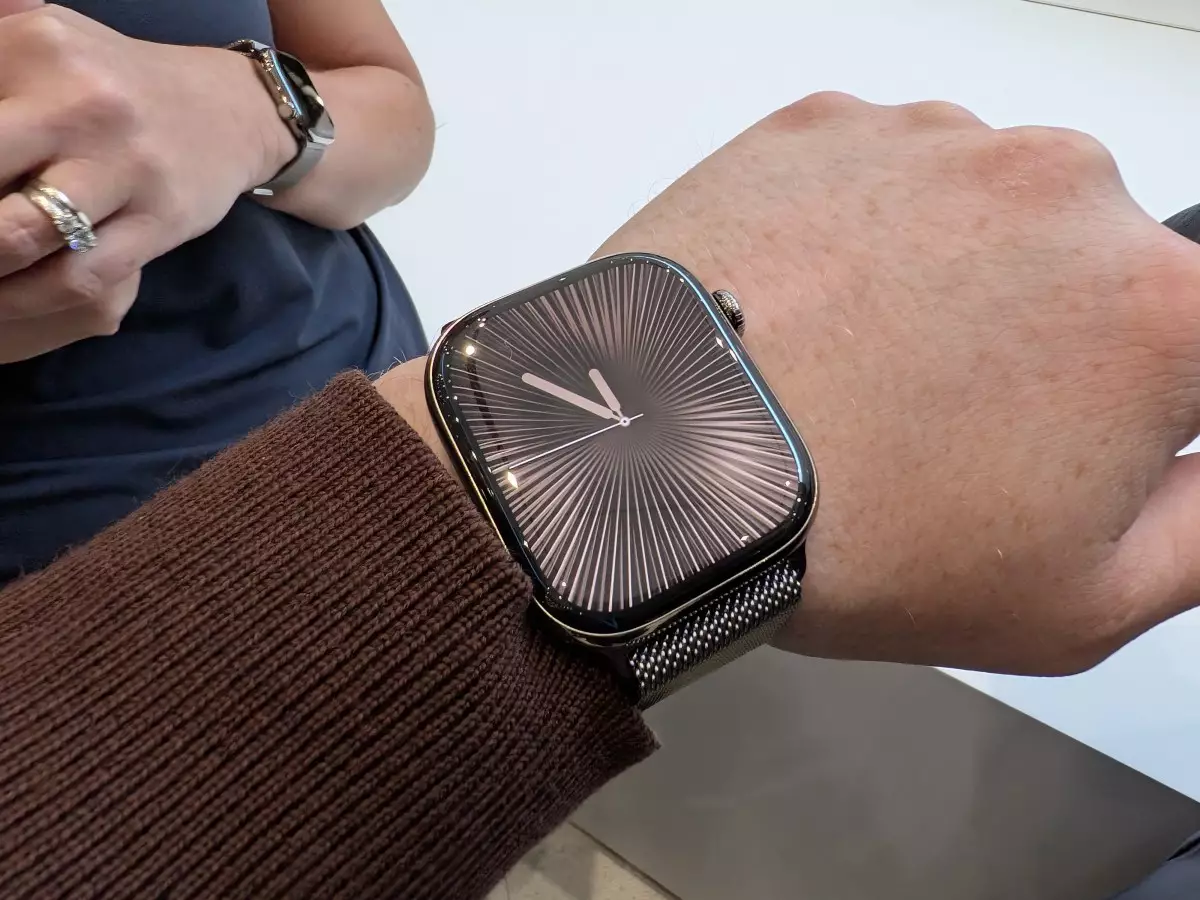In a significant step toward integrating health technology into everyday life, the US Food and Drug Administration (FDA) has granted approval for sleep apnea detection on the Apple Watch Series 9, Series 10, and Watch Ultra 2. This announcement, released just days before the anticipated launch of the Series 10 on September 20, marks a pivotal moment for wearable health technology. As Apple continues to expand its health monitoring capabilities, this new feature promises to equip users with vital insights into their sleep patterns, potentially transforming how we approach sleep health.
The sleep apnea detection feature is set to be included in the upcoming watchOS 11 update and is designed to function by collecting and analyzing ten nights of sleep data over a 30-day period. During this observation phase, the watch utilizes its accelerometer to record sleeping disturbances and provide users with insights into their sleep quality. However, it’s essential to bear in mind that this feature serves merely as a preliminary assessment tool for sleep apnea risk. The FDA categorizes it as an “over-the-counter device,” meaning that while it can raise awareness about sleep issues, it should not be construed as a diagnostic tool. Users will be encouraged to seek a formal diagnosis from healthcare providers if the data suggests potential sleep apnea.
Sleep apnea is a serious condition that can lead to various health complications, including insomnia, chronic headaches, excessive daytime sleepiness, and more serious outcomes if left untreated. According to the Mayo Clinic, the condition often leads to reduced quality of life and long-term health issues, stressing the need for effective monitoring and diagnosis. It is commendable that Apple is taking this initiative, leveraging technology to empower users to take charge of their health and well-being.
Apple’s foray into sleep apnea detection is not occurring in a vacuum. Other consumer electronics companies, such as Withings and Samsung, have already introduced similar features in their products. Samsung even received FDA approval for sleep apnea detection in its Galaxy Watch line earlier this year. As technology continues to innovate and evolve, health monitoring features are becoming commonplace, thus intensifying competition in the consumer health tech market. This trend reflects the growing recognition of the importance of personal health data and its role in preventive healthcare.
While the introduction of the sleep apnea feature is undoubtedly a breakthrough, Apple faces some challenges as it enhances its health technology offerings. For instance, the recent disabling of the blood oxygen detection feature on Apple Watches in the U.S., due to an ongoing patent dispute, highlights that the path toward comprehensive health monitoring is not without obstacles. Apple must navigate these hurdles skillfully to maintain user trust and continue pushing the envelope in wearable health technology.
The FDA’s approval for sleep apnea detection on Apple Watches represents a significant leap toward personalized health monitoring. As users gain insights into their sleep patterns, the potential for early identification of health issues may change the landscape of sleep health management, ultimately paving the way for a healthier future.

